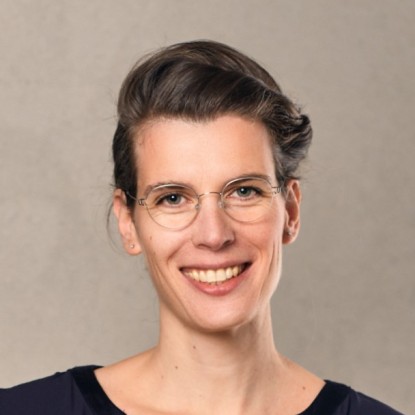IT Security Congress in Darmstadt
11.09.2017 von Jessica Bagnoli / Natalie Wocko

International IT security scientists came together at castle Kranichstein in Darmstadt to share and discuss their results in order to build foundations for IT security in the future. The 3-day congress was organized by the DFG-funded national research initiative RS³. Members of the research initiative Reliably Secure Software Systems (RS³) introduced their research projects on software security at a final event at castle Kranichstein in Darmstadt and discussed their latest results which shall influence computer security in the future.
The national research initiative RS³, which started its work in 2010 and has been funded by the Deutsche Forschungsgemeinschaft (DFG), pushed forward a fundamental paradigm shift in IT security research. The researchers' aim was the development of reliable security concepts that support this paradigm shift to improve software security.
To enable this paradigm shift, theoretical and methodological foundations were developed, analysis tools were constructed and evaluated in three reference scenarios. The scientists studied the software security of smartphones and illustrated their results using a self-developed prototypical app store, which enhances security from the user's perspective. Furthermore, they worked on secure e-voting and developed a conference management system with mathematical proven security guarantees, which has already been used by international conferences.
Renowned guests during the final event
At the event, the computer scientists presented selected results of their projects. These presentations were accompanied by talks of renowned guests, such as Fred B. Schneider from Cornell University in the USA. He pointed out the need of an all-encompassing security for a society that is more and more dependent on computer networks in everyday life and that has to be protected against increasing attacks in the digital world. Schneider assumes that the fundamental approaches and results of the RS³ initiative will have a long-term influence on IT security in the future. Philippa Gardner, Computer Science professor at Imperial College London, who researches on programme verification, also emphasised – in relation to the malware „WannaCry“, which tied up computers in hospitals, German railway company Deutsche Bahn and several other companies a few months ago – that there should be more investments in IT security and research: „We have a lot of work ahead of us.“
The second day of the congress concluded with a lively panel discussion about bringing theory and practice of software security better together. It was unanonymous among all panelists that researchers, who are deepening theoretical foundations and are transferring them to the real world, should regularly reflect their projects given a continuously changing digital reality.

The second day of the congress concluded with a lively panel discussion about bringing theory and practice of software security better together. It was unanonymous among all panelists that researchers, who are deepening theoretical foundations and are transferring them to the real world, should regularly reflect their projects given a continuously changing digital reality.
The scientific coordinator of RS³, Prof. Dr. Heiko Mantel, who is a professor in Computer Science at TU Darmstadt, is glad that the congress was such a success and a worthy conclusion of the research initiative: „RS³ has been a significant step in developing reliable foundations for software security further and transferring them to practice. By RS³, a scientific network was created, on which future research initiatives can build on. It is also great to see how the participating junior scientists developed themselves on a professional and personal level. Many have already achieved further carrier steps in Germany and abroad.“ By now, six professors, sixteen doctoral graduates and numerous master and bachelor graduates emanated from RS³.
Subsequent to the RS³ congress, the annual meeting of the GI professional group FoMSESS (Formal Methods and Software Engineering for Secure Systems) took place, which deals with foundations research in IT security and reliability.




